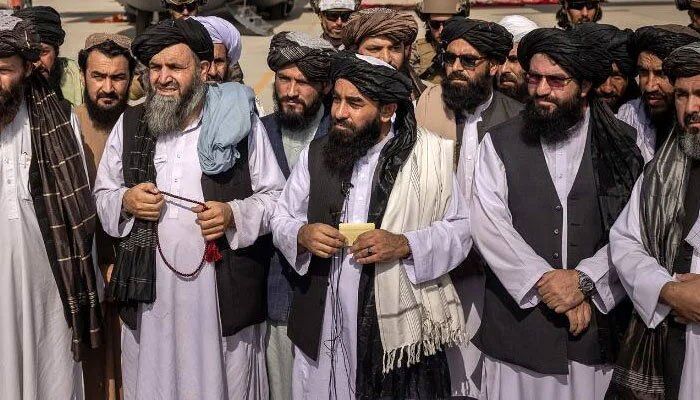Mohammad Reza Asgari Moroodi in an interview with the website of Strategic Council on Foreign Relations stated: The United States and Europe have conditioned recognition of the Taliban in Afghanistan on the change in the group’s approaches, practices, policies and measures in Afghanistan. Respect for the rights of women and the rights of the media, non-restriction of individual and social freedoms and establishment of democracy through formation of an inclusive government are among the most central demands of the West for the recognition of the Taliban rule in Afghanistan.
As for the Taliban’s performance over the past three months, he said: Despite the Taliban’s promise to form a government with the participation of all ethnic groups in Afghanistan, over the recent 100 days that the group has been in power in Afghanistan no sign has been witnessed of a platform for other groups to participate in power, and the Taliban’s emphasis on governing Afghanistan which is based on a particular ideology, has met with opposition and negative reactions, both domestically, regionally and internationally.
Asgari Moroodi also pointed to the implications of such approach for the Taliban and said: Under such circumstances when Western countries, and at a wider level the international community, are reluctant to recognize the Taliban in Afghanistan, crises which are facing the group in the area of governance have caused the Taliban to reach out to the international community. Taliban’s encounter with the crisis of hunger, poverty and economic affairs, one of the most important part of which is the collapse of the banking system and reduction of revenues and financial resources of the Taliban government to run Afghanistan, have caused the group to call repeatedly for recognition by the international community.
Explaining that how long the international community will follow such an approach, Asgari Moroodi said: It seems that the international community will not be willing to formally recognize and cooperate with the Taliban, at least until an inclusive government is formed in Afghanistan with the participation of all ethnic groups and this could exacerbate the Taliban government’s challenges in the way ahead of it.
Commenting on the next session of Doha meeting between the Taliban and the US envoy and the reasons for the resumption of such meeting, the expert on the subcontinent affairs said: The blockade of Afghanistan’s assets by the United States, which has placed extensive restrictions on the Taliban government in supplying basic and imported goods, is another major challenge for the Taliban government and this issue has prompted the Taliban government to resume talks with Washington in a bid to free the assets. In fact, the Taliban hope to persuade the US administration in the Doha talks to liberalize Afghanistan’s assets.
Asked about other challenges facing the Taliban, Asgari Moroodi said: Regarding economic crises, including poverty and hunger as well as collapse of the banking system in Afghanistan warnings of international institutions to the people and the Taliban government could be extremely worrying. Encountering of more than 23 million Afghan people with the risk of starvation is a major challenge that could turn into a humanitarian crisis in the country.
He said under such circumstances, the third meeting of Afghanistan’s neighbors is to be hosted by Pakistan, which will be held by inviting representatives of the Taliban government, adding: The difference between the third meeting of Afghanistan’s neighbors with the previous two meetings will be e presence of the Taliban in this meeting in Islamabad.
Explaining Pakistan’s view towards developments in Afghanistan, the expert on subcontinent affairs said: Given that Pakistan is said to be the winner of the current developments in Afghanistan, including the coming to power of the Taliban in that country, there are other signs, such as repeated requests from Pakistani officials for the release of Afghan assets by the United States as well as emphasizing the need to recognize Taliban rule in Afghanistan more than before, confirms the theory of Pakistan’s support for the rise to power and continuation of Taliban rule in Afghanistan. Given that Afghanistan has been a competitive environment for various countries for at least the past two decades, including Pakistan’s permanent rival, India, in the current situation Islamabad considers itself the winner of Afghanistan’s developments and therefore uses all the means at its disposal to maintain Taliban rule in Afghanistan.










0 Comments